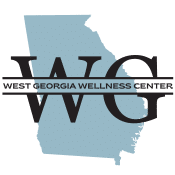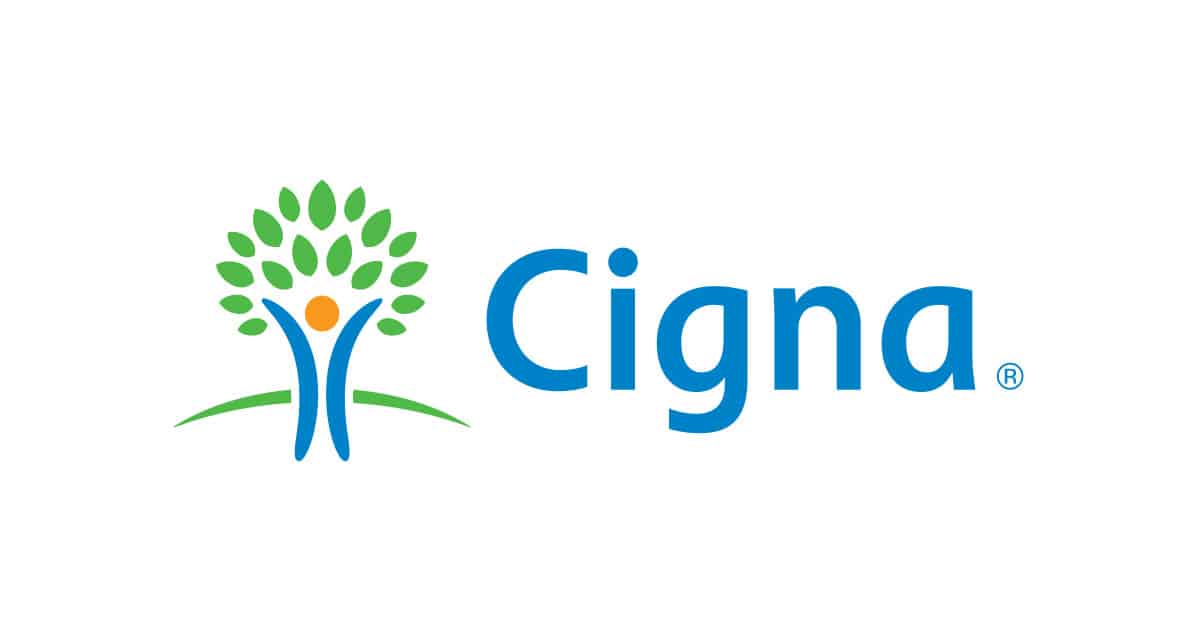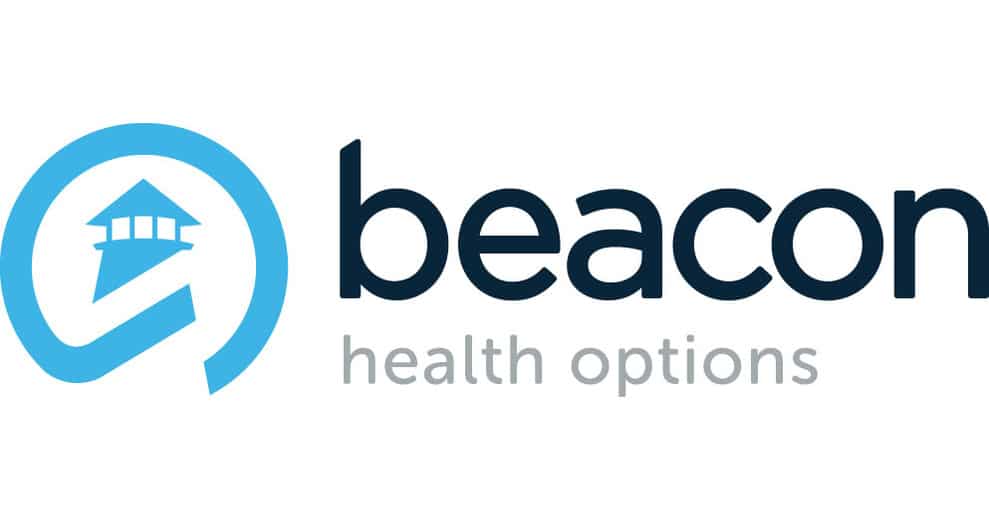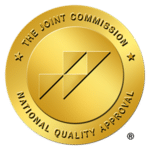Table of Contents
Addiction and trauma are intricately linked, a connection that many might not immediately discern. An overwhelming majority of individuals battling the snares of drug and alcohol addiction have encountered traumatic events that played pivotal roles in steering them towards substance misuse. Whether these events were singular, recurrent, from recent times or childhood, their ramifications echo deep within the psyche. West Georgia Wellness Center, situated in the heart of Atlanta, is acutely aware of this entwined relationship and takes a holistic approach to it. We offer trauma therapy that stands not just as a beacon of hope but also as a robust framework to tackle the root causes of addiction stemming from traumatic experiences.
A Comprehensive Insight into Trauma Therapy
Trauma therapy aims to unpack the profound aftermath of traumatic events. Such events, ranging from singular shocking incidents to prolonged exposure over time, imprint themselves on an individual’s psychological and emotional canvas. While some people might block out or deny these traumatic experiences due to overwhelming feelings of guilt, shame, or confusion, others grapple with them daily. The spectrum of traumatic events is vast:
- Sexual, physical, and emotional abuse.
- Violent incidents both within and outside of the home.
- Harrowing experiences of bullying.
- Catastrophic natural events like earthquakes or hurricanes.
- Prolonged periods of neglect during formative years.
- War and the resultant traumas from military service.
- The grief accompanying the loss of close ones.
- Chronic illnesses and the challenges they present.
- Relationship breakdowns, especially significant ones like divorces.
The essence of trauma therapy, particularly as we practice it in Atlanta, is to aid individuals in not just recognizing their trauma but also in navigating through it. It is about crafting a holistic treatment plan that integrates cognitive, emotional, and sometimes even physical healing processes.
Signs and Symptoms of Trauma
Trauma manifests in myriad ways. The physical, behavioral, and emotional signs can vary significantly among individuals:
- Sleep disturbances and associated fatigue.
- Recurrent and unexplained headaches.
- Frequent bouts of nausea or digestive disruptions.
- Persistent body aches.
- Nightmares or vivid reliving of the traumatic event.
- Heightened startle response.
- Bursts of anger or unexpected emotional outbursts.
- Hesitation in decision-making or pronounced indecisiveness.
- Avoidance behavior, especially concerning trauma reminders.
On the emotional spectrum, individuals might face:
- Heightened anxiety levels
- Frequent panic attacks
Deep-set depression - Relentless flashbacks
An alarming number might entertain thoughts of self-harm or even attempt it. The lure of drugs or alcohol as a coping mechanism becomes hard to resist for many. Recognizing these signs is the first step toward healing. Our dedicated team at West Georgia Wellness Center in Atlanta stands ready to assist. We urge anyone facing these challenges to reach out to us at 470-347-1705.
Diverse Therapeutic Approaches to Trauma Therapy in Atlanta
In our Atlanta base, trauma therapy is not a one-size-fits-all approach. The complexity of trauma necessitates a multifaceted treatment strategy:
- Individual Therapy: Personalized sessions with trauma specialists.
- Group Therapy: Offering a nurturing environment for shared healing.
- Holistic Healing: Emphasizing the interconnectedness of mind, body, and spirit.
- Medication-aided Therapy: Combining pharmaceutical interventions with therapeutic techniques.
- Family Counseling: Addressing the ripple effects of trauma on familial relationships.
Within these broad categories, specialized therapeutic techniques emerge:
- Prolonged Exposure (PE): A technique that gently exposes individuals to the sources of their trauma to reduce associated fear.
- Cognitive Processing Therapy (CPT): It challenges and modifies maladaptive beliefs related to the trauma. Suitable for both group and individual settings.
- Trauma-focused Cognitive Behavior Therapy (TF-CBT): Specifically designed for younger individuals, this approach rectifies negative behavior patterns and beliefs stemming from trauma.
Deepening the Connection Between Trauma and Addiction
Traumatic events, besides leaving emotional scars, can often act as gateways to addiction. Understanding and addressing this foundational trauma becomes paramount to resolving the larger addiction problem.
Military personnel, for instance, suffering from PTSD might resort to substance use as an escape. An integrated approach, combining trauma therapy with addiction interventions, can significantly elevate the odds of successful recovery. This holistic approach ensures that chances of relapse are minimized and the foundation for a sustained recovery is solidified.
However, the journey isn’t devoid of challenges. PTSD sufferers, grappling with their traumatic past, often gravitate towards drugs, alcohol, or prescription medications for ephemeral relief. In the absence of trauma-focused interventions, this coping mechanism can quickly spiral into an addiction. Telltale signs of a deepening addiction include:
- A growing inability to abstain from substance use.
- Escalating substance requirements to achieve previous effects.
- Gradual abandonment of once-cherished activities.
- Prioritizing substance over critical relationships and responsibilities.
Individuals wrestling with both trauma and addiction can find themselves facing a slew of additional problems, from personal relationship breakdowns to dangerous behaviors such as driving under the influence, potentially leading to legal entanglements. The aim of trauma-focused therapy, then, becomes equipping individuals with a robust toolkit to manage these issues without resorting to substance use.
The Ripple Effects of Substance Use on Trauma
Many post-traumatic individuals may initially receive a diagnosis of acute stress disorder (ASD). These individuals grapple with feelings of detachment, are plagued by incessant recollections of the traumatic event, and might find themselves oscillating between states of arousal and inertia. Should these symptoms persist without intervention, they often metamorphose into PTSD.
On the surface, drugs and alcohol might offer tantalizing prospects of temporary relief from the relentless onslaught of trauma symptoms. However, this path is fraught with pitfalls. Substance use can lead to emotional numbing, further isolation, and an amplification of anger, sadness, and despair. Over time, this coping mechanism can erode an individual’s functional capabilities, leading to full-blown addiction.
A noteworthy observation is that many adults grappling with PTSD and concurrent addiction might also present with additional mental health challenges. During trauma-focused addiction treatment, many might be diagnosed with co-morbid conditions such as ADHD, depression, anxiety disorders, OCD, or specific personality disorders. Comprehensive trauma-focused addiction treatments arm individuals with strategies to navigate both the physical and psychological aftermath of trauma, ensuring a holistic recovery.
Exploring Treatment Avenues for Trauma and Addiction
Addressing the dual challenges of trauma and addiction often demands specialized expertise. West Georgia Wellness Center, rooted in Atlanta, offers programs specifically tailored for trauma-focused addiction. By enrolling in these programs, individuals can access tailored care that nudges them away from the precipice of substance dependence and helps them overcome their trauma.
The gamut of treatments offered in our Atlanta-based program includes:
- Residential Programs: Catering to mental health and substance misuse challenges. We offer both residential mental health treatment and residential substance abuse treatment in Atlanta, GA.
- Intensive Outpatient Treatment: A structured, yet flexible approach.
- Partial Hospitalization: Combining the rigor of in-patient care with the flexibility of outpatient settings.
- Outpatient Treatment: For those requiring less intensive interventions.
- Substance-Specific Interventions: Targeted treatments for specific drug and alcohol addictions.
Reaping the Rewards of Trauma Therapy
Undergoing trauma therapy offers a plethora of benefits. It furnishes individuals with a sanctuary to confront, process, and ultimately triumph over their traumatic experiences. This therapeutic journey, guided by experts, promises several positive outcomes:
- Triumphing over deep-rooted fears.
- Sharpening and broadening coping strategies.
- Laying the foundation for renewed trust.
- Challenging and rectifying post-traumatic misconceptions.
- Validating and affirming traumatic experiences, facilitating the path to healing.
Comprehensive Trauma Therapy in Atlanta, Georgia
Trauma can cast long, dark shadows over one’s life, potentially steering individuals towards destructive coping mechanisms. At West Georgia Wellness Center, we champion a comprehensive, evidence-based approach to tackle both trauma and the accompanying risk of substance dependence. Our trauma therapy in Atlanta, GA is meticulously tailored to resonate with individual needs, promoting a holistic outlook towards health and well-being. With our seasoned team employing evidence-backed strategies, we stand as a beacon of hope and recovery. To embark on a transformative journey towards trauma recovery, contact us today at 470-347-1705, and let us guide you through our seamless admissions process.














